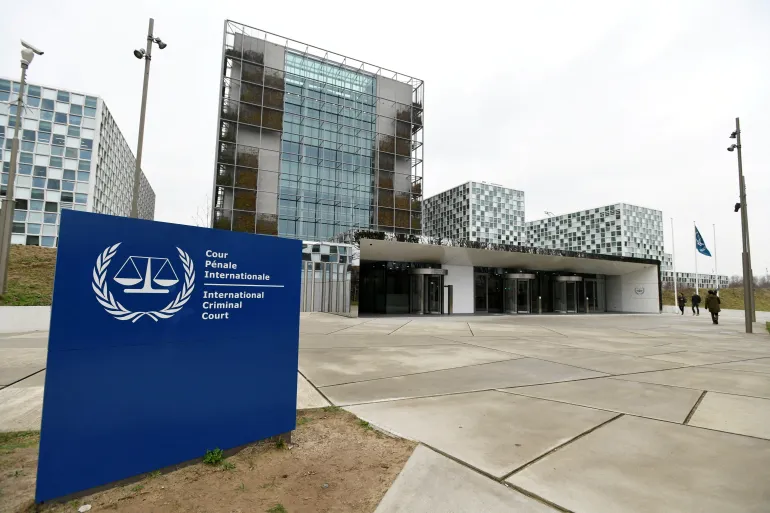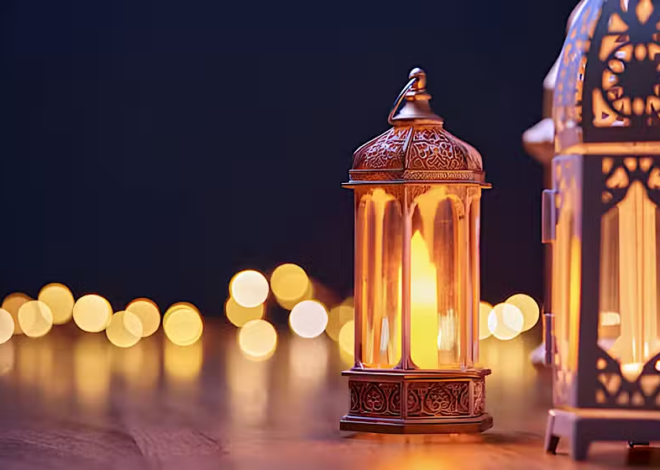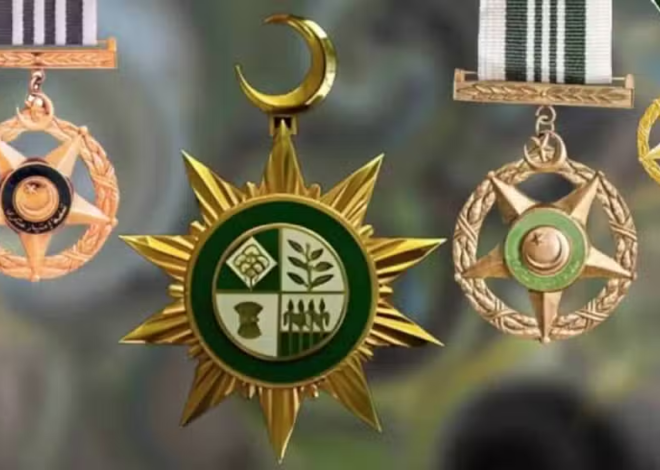
5 Key Facts About the International Criminal Court (ICC) You Should Know
The ICC is the most important court to prosecute the world’s most heinous crimes. It was formed in 2002 and sits in The Hague, Netherlands, and investigates crimes of war, genocide, crimes against humanity, and crimes of aggression.
This court has its challenges, which include limited jurisdiction, enforcement problems, and political pushback. Here’s everything you need to know about the International Criminal Court (ICC) and how it impacts global justice.
5 Must-Know Things About the International Criminal Court
1) Not All Countries Recognize the ICC’s Authority
Although 125 countries have ratified the Rome Statute that established the jurisdiction of the ICC, major global powers such as the United States, Russia, China, Israel, and Myanmar have not.
It makes the court limited in its jurisdiction, as crimes committed by such non-member state nationals cannot be prosecuted unless it is committed in the territory of a member state or a country that has expressed its willingness to accept the jurisdiction of the ICC.
The Security Council of the United Nations may also refer cases to the ICC, such as those regarding Libya and Sudan’s Darfur province.
2) A Slow but Steady Conviction Record
Since its inception, the ICC has only successfully convicted 11 persons, all from Africa. These include Thomas Lubanga, Germain Katanga, and Bosco Ntaganda from the Democratic Republic of Congo, with Ntaganda receiving the longest sentence at 30 years.
The most recently convicted member was Malian jihadist Al Hassan in November 2024, sentenced to 10 years in prison. Such cases take an average of years to reach a verdict due to the complexity involved in gathering evidence and prosecuting high-profile figures.
3) Prominent Arrest Warrants and Obstacles
To date, the ICC has issued more than 60 warrants of arrest, of which only 21 have been enforced. Some prominent figures among those wanted by the ICC are:
Vladimir Putin is suspected of war crimes over the forced deportation of Ukrainian children due to Russia’s invasion in 2022. However, an ICC member Mongolia hosted Putin in 2024 without enforcing the warrant.
Benjamin Netanyahu & Yoav Gallant – The ICC issued arrest warrants for Israel’s Prime Minister and his former defence minister in November 2024.
Mohammed Deif – The Hamas military chief was also on the ICC’s wanted list before his death was confirmed in January 2025.
Seif al-Islam Kadhafi – The son of former Libyan leader Moamer Kadhafi has evaded ICC prosecution for over a decade on war crimes charges.
4) Political Controversies and Setbacks
The ICC has faced several high-profile setbacks. Cases against Kenyan President Uhuru Kenyatta and his deputy William Ruto collapsed due to insufficient evidence. The court also came under fire when former Democratic Republic of Congo Vice President Jean-Pierre Bemba and Ivory Coast’s ex-President Laurent Gbagbo were acquitted.
Another example is the case of the former President of Sudan, Omar al-Bashir, who for more than ten years has been wanted for genocide and crimes against humanity in Darfur; he remains at liberty even after being detained by Sudanese authorities in 2019.
5) Conflict with the United States
Washington took a firm response to the alleged war crimes that U.S. forces have been accused of by the ICC. In 2020, President Donald Trump ordered sanctions against the officials at the ICC. There is still ongoing tension after President Joe Biden revoked those sanctions in 2021.
This year, in 2025, the ICC issued an arrest warrant against the Taliban’s Supreme Leader Hibatullah Akhundzada and Afghan Supreme Court President Abdul Hakim Haqqani on charges of the persecution of women, putting even more spotlight on its activities across the globe.
The ICC still faces quite a number of challenges, from political opponents to enforcement-related issues. On the other hand, its position in international crime matters is substantial. It continues to investigate world leaders and keep arrest warrants ready. But its success depends on how much the countries are willing to respect its rulings.







